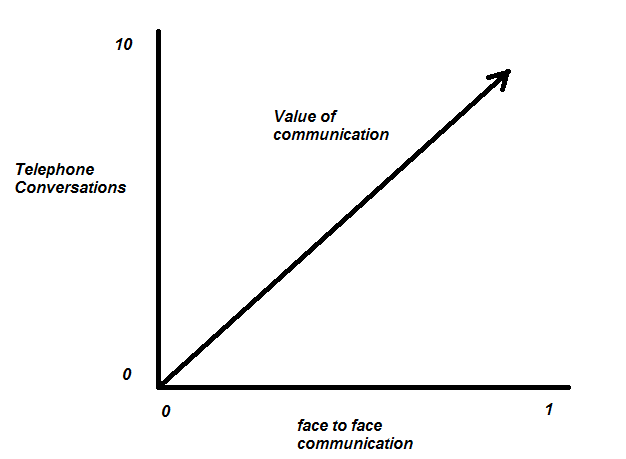I’m at the HR Technology Conference this week and one of the big themes for the last couple of years has been ‘Big Data’. Every product has it, and every sale rep is selling it. The problem is most HR pros really don’t understand Big Data. Let’s face it, most of the people selling Big Data don’t really understand Big Data!
This started to get really popular about two to three years ago in the HR space.
At first it started out with just this need to deliver Big Data to the end HR user. There wasn’t a ton of thought put into it. It was just, like, hey, here’s a bunch of really cool data about your organization, have fun!
That caused a bunch of issues because there was this assumption that the HR pros and executives getting this data, understood it, first, and could actually know what inferences to make from it, second. Most could do neither.
At the 2014 HR Tech conference the HR vendors are finally starting to get this.
The good vendors are no longer just giving you more data. They are packaging data in a way that says this is the data, and this is what it means to your organization. The best are now taking it one step further and telling you what are the next steps for your organization based on your data set.
This last step is very important. True Big Data is not numbers of people and demographics. True Big Data is really complex scientific numbers that the normal person can’t comprehend. It’s Matrix stuff! It’s data around the science about how and what we do, and from the science what is probably going to happen next.
The problem is we all think we can take a look at data and know what it means. We think we know what we need to do next. The science actually will usually tell you your dead wrong, but we’re Pros and we’ve been doing this for a long time, so we think we are ‘smarter’ than the science. We aren’t. What we are is biased. Science and Big Data aren’t really biased to any one angle.
From my time at this year’s show, let me recommend one thing: listen to and follow what the science is telling you. You’ll will move yourself and the organization forward faster than you ever thought. Also, make sure you pick a vendor who has data scientist that have the ability of breaking down the science for you, and can than tell you what those next steps need to be.
Way too many have scientist that can tell you what the data means, but get very weak when it comes to what to do next an organizational setting. That is critical to success!

